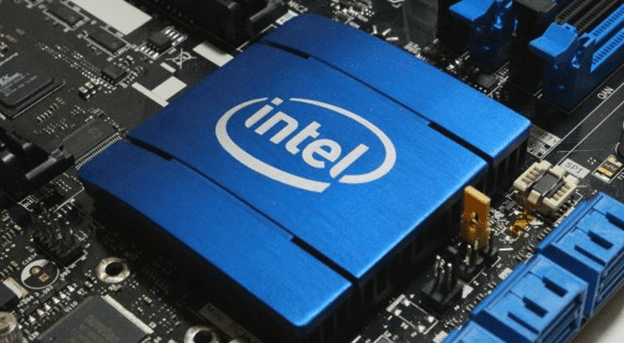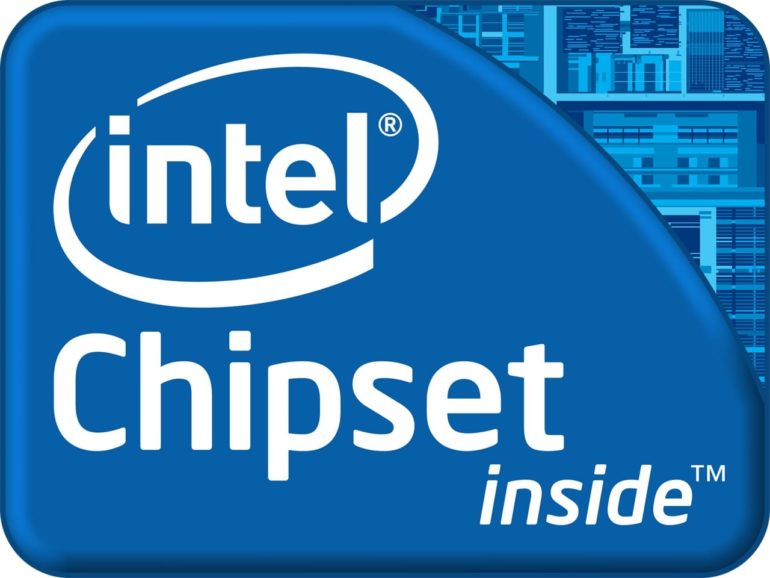Intel wants you to stop downloading the Spectre patch after reboot problems occur.
Microsoft users are facing a processor vulnerability problem – and Intel is warning others from suffering the same fate. A patching problem in Intel’s Spectre/Meltdown patch has been revealed, causing users’ computers to spontaneously reboot after installing. Now, Intel wants you to skip the problem entirely by NOT downloading the patch until they have the better version.

Navin Shenoy, Executive Vice President of Intel, has recommended software vendors and end users to stop deploying the present version. The bug-ridden patch may introduce a wide range of problems.
Some of those detected are:
- longer-than-expected reboots
- unpredictable behavior
- instability of the system
- data loss
- misappropriation of data by third parties
An Intel executive, however, told Wall Street Journal that the problem is not related to security. Rather, it is a reboot problem on older chips. Commonly affected are the Broadwell silicon which was introduced in 2015. The Haswell-generation line, which was introduced in 2013, was also affected.
Intel says that they have identified the cause of unexpected reboots on their processors. They are actively working on solutions to address the issue by programming an update that will not exploit the problem.
Both Meltdown and Spectre bugs require a huge number of patches that are assembled quickly.
These include OS-level and browser fixes – the patches for the processors themselves are still widely considered as an extremely difficult task. After the issue was released to the public, Microsoft had to stop AMD’s Spectre patch since it resulted in some computers being unbootable.
Countering the Bug-Ridden Patch
Microsoft has already released an update that will disable the Intel patch. This new update goes even further in addressing the problem. It disables the patch entirely on any computer that may have installed them already.

It’s a rocky solution for a problem that caused hundreds of millions of chips made by Intel and AMD to be problematic. It posed a threat to computer users as their sensitive information could be stolen from them. From passwords, security content, and encryption keys – they were all at risk!
Since then, some updates to the Intel and AMD chips have been revealed to cause their own problems. The update came shortly after Intel’s quarterly financial disclosures. Apart from the update, Microsoft urged users to stay informed about the status of the Spectre patch. They promised to continue to investigate the potential impact of the recent version of microcode.


